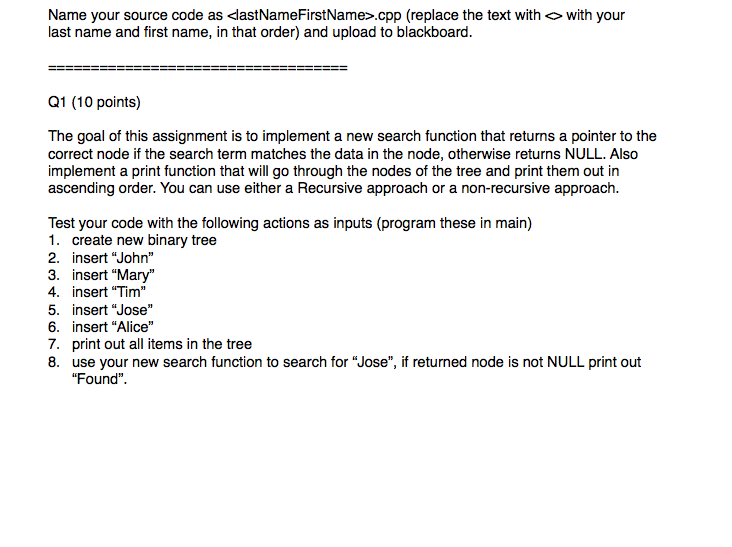
That might come in handy sometimes but in this particular case ( 1q), it won't help. Now, gnu sed has the -s switch: -s, -separateĬonsider files as separate rather than as a single continuous long stream If multiple file operands are specified, the named files shall be read in the order specified and the concatenation shall be editedĪnd as a result sed will only print the 1st line of input not the 1st line of each file 3. However they will both fail to deliver because

type f -name 'file.txt' -exec sed 'cmd' + Finding repeated file names in directory (without specifying the exact file name). best way to find files recursively that have the same name but are actually different using bash 1. Find duplicates of a file by name in a directory recursively - Linux. Or (as pointed out by other people) with find: find. needs file name printed as last field delimited by space. shopt -s globstar # bashįor f in **/file.txt do & sed 'cmd' "$f" done zsh, ksh93, yash, bash ( tcsh and fish as well, but the loop syntax is different there). To find files that match a specific pattern, use the -name argument. The dot after 'find' indicates the current directory. Typing the following command at the prompt lists all files found in the current directory. the -n prints the line number for matches. You can search for files by name, owner, group, type, permissions, date, and other criteria. the -r means do this recursively, right down the directory tree. That will open the file for writing, overwriting anything that was already there.

All you need to do is empty the original file. Next, don't think of this as deleting the original and creating a new file. at the end means you want to start from your current directory, this could be substituted with any directory. With that, you can use /.mkv to recursively find all files or directories whose name ends with.

I want to recursively search for all files and sub-directories within a directory with sub string within file name as 'string. You can do this with either a for loop (if your shell supports recursive globbing) e.g. Try something like grep -r -n -i -include'.html. Find all files with name containing string closed (8 answers) Closed 4 years ago. Unless you know what that sed command is doing you want to run one sed per input file.


 0 kommentar(er)
0 kommentar(er)
